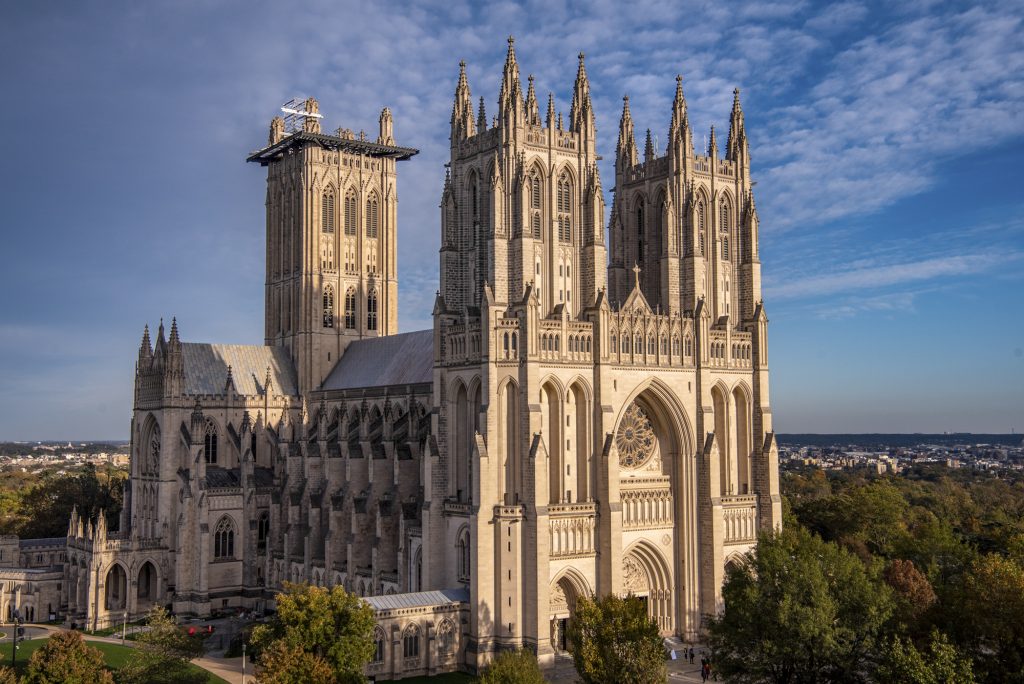Ghana’s National Cathedral Remains a Sacred Monument, Says Board
The Board of Trustees of Ghana’s National Cathedral has firmly denied recent claims that the project will be repurposed into a cultural convention centre. In response to these allegations, the board reaffirmed its dedication to completing the iconic structure as originally planned, emphasizing that it will serve as a sacred national monument.
Following an emergency meeting on Monday, 7 July, the board issued a statement dismissing the rumors as unfounded. It reiterated its commitment to delivering the cathedral in accordance with its original vision. The project, which was launched in 2021, is designed to be more than just a place of worship. It includes plans for a Bible Museum, a Biblical Garden, a 350-seater restaurant, a library, and other facilities aimed at transforming the site into both a spiritual hub and a heritage attraction that can attract international visitors.
Despite the ambitious scope of the project, actual construction progress has been slow. As of now, only 8% of the structure has been completed. The board attributed this delay to significant funding challenges and ongoing public discussions about the project’s relevance and cost. However, it stressed that the cathedral has not been abandoned and remains a priority.
An independent audit conducted by Deloitte and Touche reportedly confirmed that all state funds allocated so far have been properly accounted for and used for work that has been completed. This transparency is seen as a crucial step in maintaining public trust in the project.
Dr. Paul Opoku-Mensah, the Executive Director of the National Cathedral, described the project as an “interdenominational sacred space” and a “family house” for all Christians in Ghana. He called on Ghanaians to focus on completing the cathedral as envisioned rather than considering any changes to its purpose.
In addition to addressing financial concerns, the board is also working to depoliticize the project and enhance transparency. It is seeking partnerships with churches and civil society groups to secure the necessary funds to continue construction. These efforts aim to ensure that the cathedral remains a symbol of unity and faith for the people of Ghana.
The board’s commitment to the project reflects a broader vision of creating a landmark that not only serves religious communities but also contributes to the country’s cultural and economic landscape. By maintaining the original plan, the National Cathedral could become a source of pride and inspiration for generations to come.
As the project moves forward, the board remains focused on overcoming the challenges it faces. With continued support from various stakeholders, there is hope that the cathedral will soon rise as a testament to Ghana’s rich spiritual heritage and its aspirations for the future.







